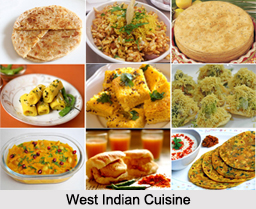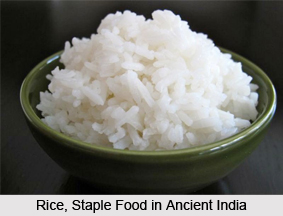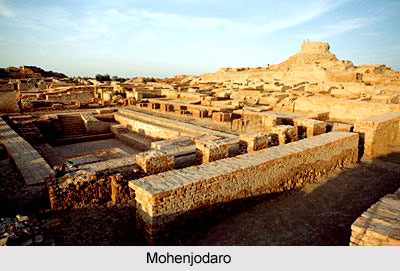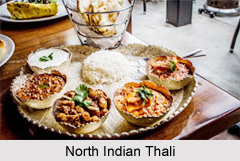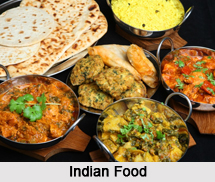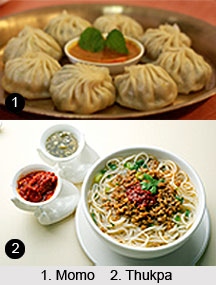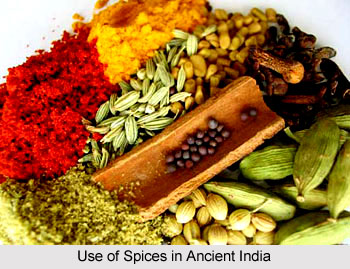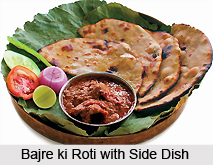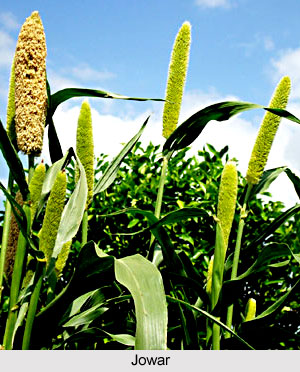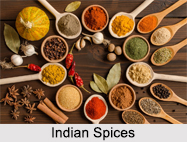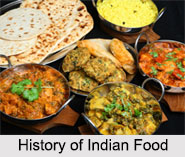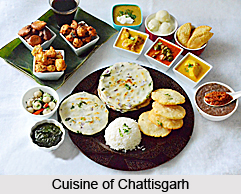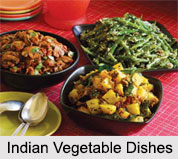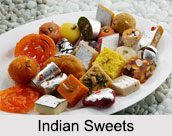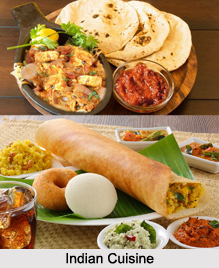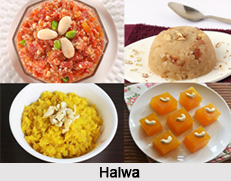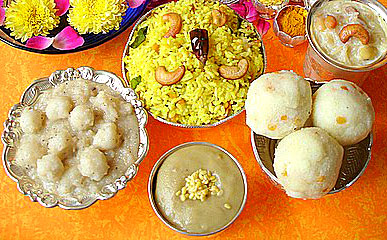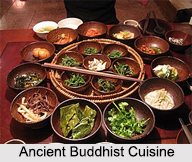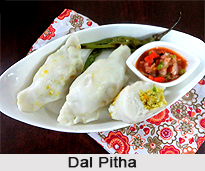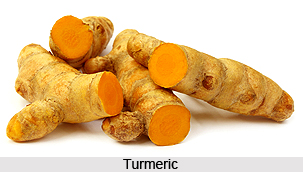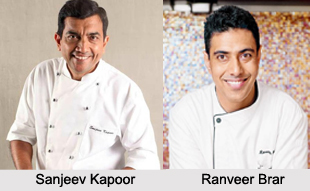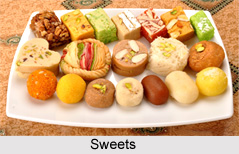 Sweets are the confectionery and desserts which are served as a compliment to any dish. Over its long history, cuisines of the Indian Subcontinent developed a diversified array of sweets. Some claim that apart from Asia, there is no other region of the world where sweets are so varied and so numerous. In India, sweets are integrally related with ceremonies, festivals and auspicious moments. It is also a nutritious dish and malnourished and poorly built people are encouraged to have sweets.
Sweets are the confectionery and desserts which are served as a compliment to any dish. Over its long history, cuisines of the Indian Subcontinent developed a diversified array of sweets. Some claim that apart from Asia, there is no other region of the world where sweets are so varied and so numerous. In India, sweets are integrally related with ceremonies, festivals and auspicious moments. It is also a nutritious dish and malnourished and poorly built people are encouraged to have sweets.
Sweets are sometimes served with a meal, and often included as a form of greeting, celebration, religious offering, gift giving, parties, and hospitality in India. On Indian festivals - such as Holi, Diwali, Eid or Raksha Bandhan - sweets are homemade or purchased, then shared. Many social gatherings, wedding ceremonies and religious festivals often include a social celebration of food, and the flavors of sweets are an essential element of such a celebration. Sweets were also included in temple offerings, as "Bhoga" for the deities, which after the prayers became "Prasad" for devotees, the poor or visitors to the temple.
Varieties of Sweets
Since India is diverse in languages, sweets are called by numerous names, one common name being "Mithai". The sweets are generally prepared with several includes which include sugar, and a vast array of ingredients such as different flours, milk, milk solids, fermented foods, root vegetables, raw and roasted seeds, seasonal fruits, fruit pastes and dry fruits.
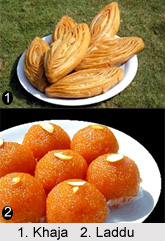 Some sweets such as "Kheer" are cooked, some like "Burfi" are baked, varieties like "Mysore Pak" are roasted, some like "Jalebi" are fried and others like "Kulfi" are frozen, while still others involve a creative combination of preparation techniques. The composition and recipes of the sweets and other ingredients vary by region. The important sweet dishes are,
Some sweets such as "Kheer" are cooked, some like "Burfi" are baked, varieties like "Mysore Pak" are roasted, some like "Jalebi" are fried and others like "Kulfi" are frozen, while still others involve a creative combination of preparation techniques. The composition and recipes of the sweets and other ingredients vary by region. The important sweet dishes are,
•Kheer is a common Indian dessert cooked on all auspicious occasions.
•Carrot Halwa is a sweet dish usually prepared during the winter season and is very nutritious.
•Sheera should be served warm and for people with Kapha prakriti, add a pinch or two of ginger.
•Burfi is a sweet, made from milk solids or condensed milk and other ingredients like ground cashews or pistachios.
•Gulab Jamun is a common sweet found in Bangladesh, India, Nepal and Pakistan. It is made out of fried paneer balls soaked in sweet rose-water flavoured syrup.
•Jalebi is made by deep-frying a fermented batter of wheat flour with yoghurt, in a circular shape and then soaking it in sugar syrup.
•Khaja is a sweet of India. Refined wheat flour, sugar and oils are the chief ingredients of Khaja. It is then deep fried until crisp. The crisp croissants are then soaked in the sugar syrup until they absorb the sugar syrup.
•Laddu is made of varieties of flour, grains, pulses, semolina, regional or seasonal fruits, dry fruits, and other ingredients cooked with sugar, then shaped into bite-size or larger spheres. Laddu is mentioned in ancient Sanskrit documents as temple offerings, and is referred to as "Ladduka". Laddu is often made to celebrate festivals, religious ceremonies, or household events such as weddings.
•Rasgulla is a popular sweet in Bengal.
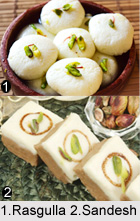 They come in many forms, such as "Kamalabhog", "Rajbhog" and "Raskadamba". This dish is made by boiling small dumplings of paneer and semolina mixture in sugar syrup. Once cooked, these are stored in the syrup making them spongy.
They come in many forms, such as "Kamalabhog", "Rajbhog" and "Raskadamba". This dish is made by boiling small dumplings of paneer and semolina mixture in sugar syrup. Once cooked, these are stored in the syrup making them spongy.
•Sandesh is a sweet made from fine cheese made from cow`s milk kneaded with fine ground sugar or molasses. This is a sweet from West Bengal and Odisha.
•Shrikhand is a creamy dessert made out of strained yogurt, from which water is drained off completely. Dry fruits, mango puree, saffron or cardamom and sugar are added to the thick yoghurt to get the desired flavour and taste. It is served chilled.
Sweets in Ayurveda
An Ayurvedic meal is completed with desserts or sweets and is usually served with the main course rather than at the end. Ayurveda suggests sweets if eaten at the end of the meal may cause congestion and sinus problems. Therefore it should be eaten before meals or with meals. Sweets aggravate Kapha and therefore people with Kapha dosha and also diabetes and high blood cholesterol should restrict its consumption.
